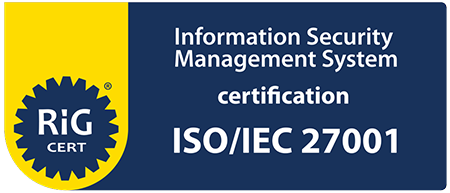Too often, many senior executives aim at building a corporate culture focused on higher performance. The irony with this approach is that building a culture focused solely on results may not be the best or most sustainable way for the company and its ultimate goal. Instead, it may be more effective to focus on creating a so-called growth culture. Building such a culture requires a combination of individual and organisational components, such as a safe and relaxed work environment, an emphasis on continuous learning, regular company feedback, and more.
Culture is a set of beliefs on which people base their behaviour. Organisations that focus on continuous learning and improvement prioritise the knowledge and experience of their employees. This is obviously critical, but a true growth culture also focuses on deeper issues related to how people feel and behave as a result. In a growth culture, people develop the ability to see their weaknesses calmly, to acknowledge their insecurities and shortcomings rather than unconsciously display them. They spend less energy protecting their personal value, so they have more energy to create external value for the company. Therefore, how people feel and how they make their colleagues feel becomes as important as their knowledge.
Building a growth culture is not easy and is a combination of individual and organisational factors, such as:
1. A work environment where people feel safe, and which is cultivated first and foremost by leaders who are willing to demonstrate their vulnerability without embarrassment and take personal responsibility for their shortcomings and mistakes.
2. A focus on continuous learning through inquiry, curiosity, and transparency rather than personal judgment, certainty, and a defensive attitude.
3. Time-limited, manageable experiments to practice new behaviours that explore the unconscious assumption among employees and leaders that changing the status quo is dangerous and will have negative consequences.
4. Continuous vertical and horizontal feedback loops throughout the organisation, based on a shared commitment between leaders and employees to help each other develop and become better at their work together.
Compared to growth culture, the results-oriented one often reinforces people's fears, creating a zero-sum game where employees are either succeeding or failing, and the "winners" are quickly distinguished from the "losers."
In general, good results and high performance also matter in growth cultures, but in addition to rewarding success, organisations with such a culture view failure and shortcomings as critical opportunities for learning and improving - individually and collectively. And at the heart of it all stays the good dialogue and the effective feedback.




